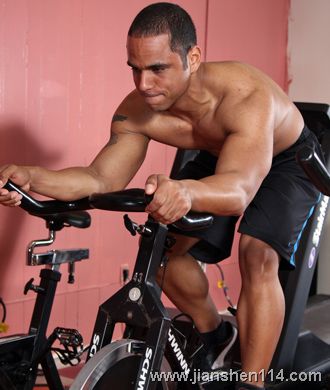
One morning not long ago, 65-year-old Grandpa Lee in Beijing's Haidian District suddenly collapsed on the side of the road when he was running. Just a young man passed by and immediately called an ambulance and sent him to the hospital. At that time, Uncle Lee had a weak breath and was in a deep coma. He was diagnosed as having a cerebral hemorrhage and causing a cerebral palsy coma. When the family members heard the news and rushed to the hospital, Grandpa Lee died.
According to family members, although Uncle Li also has dizziness, headache, and other symptoms of hypertension, he always runs early every morning and never stops, regardless of the wind and rain. On the day of the onset of illness, Beijing’s temperature plummeted. Uncle Li woke up early and went out to run in the cold wind.
The doctor said that this kind of clinical example is not uncommon. Most elderly people have morning exercise habits, and the peak incidence of coronary heart disease is generally from 6 am to 12 noon, acute myocardial infarction, arrhythmia, cerebral hemorrhage and other cardiac emergencies also occurred in this period of time. Especially in winter, when the temperature is too low in the early morning, sympathetic nerves are stimulated, vasoconstriction is strengthened, blood pressure fluctuations are caused, and cardiovascular and cerebrovascular diseases are suddenly caused. This is especially true for older people with coronary heart disease. Their ability to adapt to a sudden drop in temperature is poor, they are stimulated by cold, and blood vessels are easier to contract and contract. In addition, after a morning's sleep, after a night's sleep, the blood viscosity increased and the circulation resistance increased. If you do a lot of exercise, it will cause rapid heartbeat, increased myocardial oxygen consumption, blood pressure can easily increase, leading to atherosclerotic plaque rupture, myocardial infarction, cerebral infarction, fatal arrhythmia and other serious consequences.
Therefore, elderly patients with hypertension and coronary heart disease are not suitable for physical exercise in the morning in winter. Especially when the cold wave strikes and the temperature drops sharply, avoid going out to avoid the edge. For elderly people who love sports, it is advisable to change morning exercises to warmer afternoons or evenings, while paying attention to their ability to move in a gradual and gradual manner.
DELIN HAIR COSMETICS , https://www.hairdyecolorfactory.com